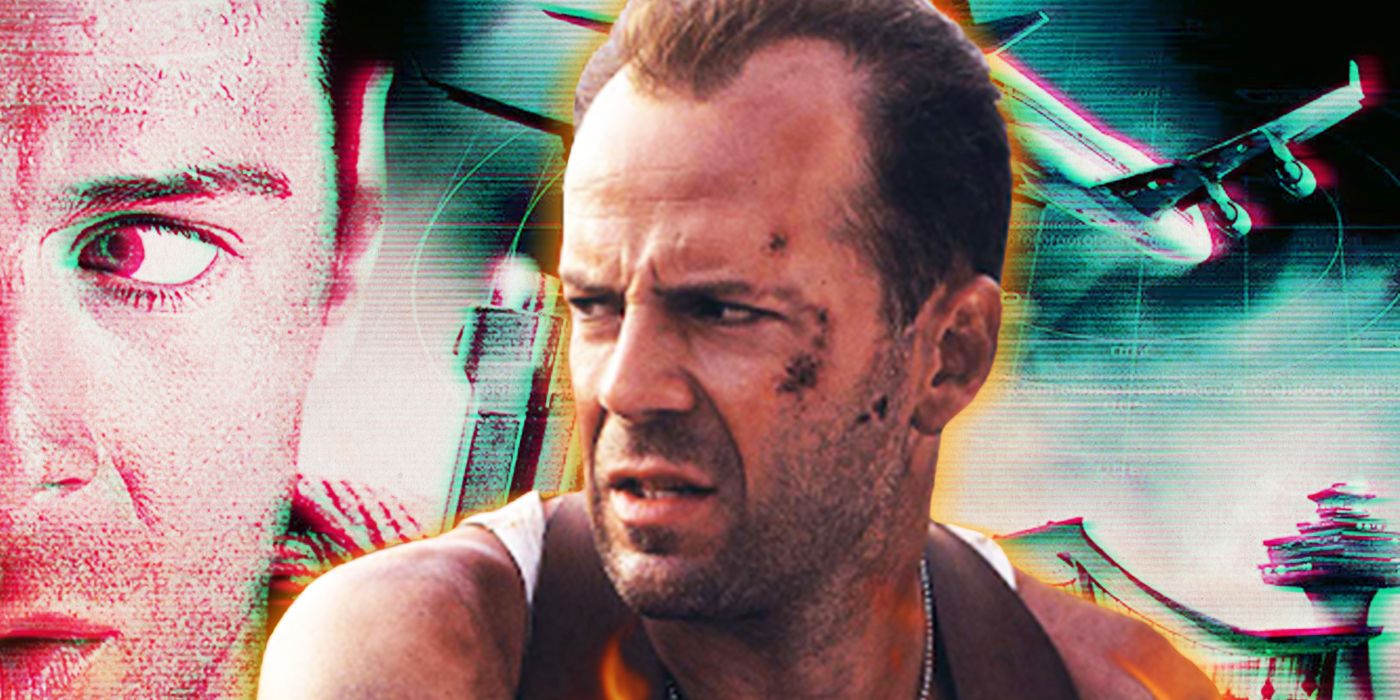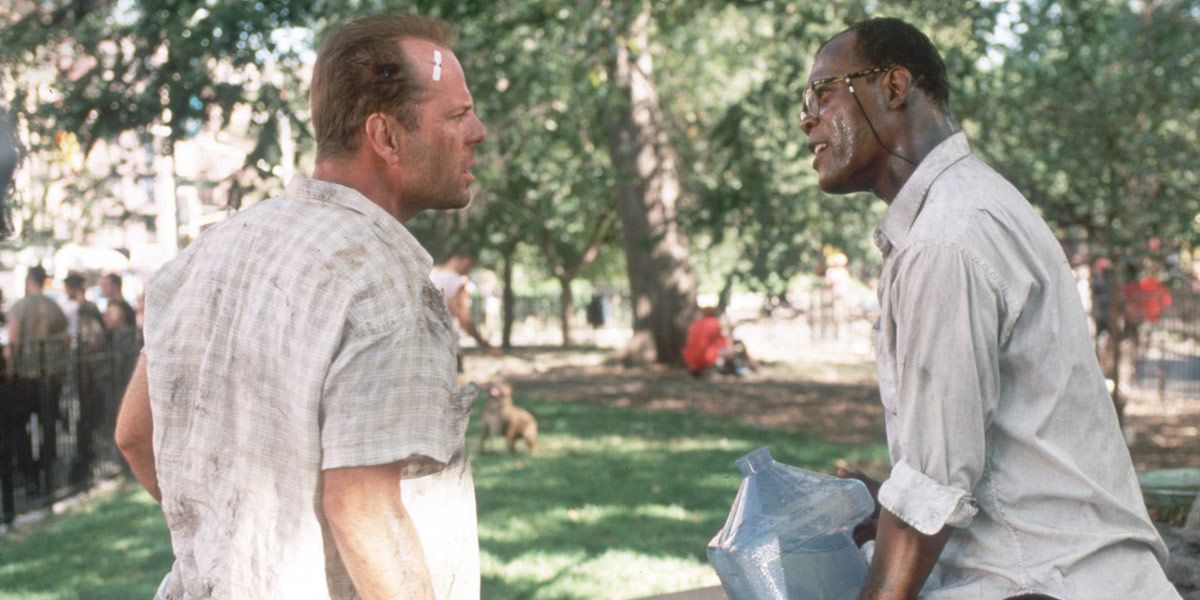Die Hard is an iconic '80s action movie, and it spanned four sequels with Bruce Willis in the role of New York Police Officer John McClane. As the franchise continued, the films become worse and worse aside from the fourth film, which surpassed the sequels but not the original. However, in retrospect, the third movie, Die Hard With a Vengeance, is a better movie than the higher rated Die Hard 2: Die Harder.
For starters, Die Harder goes about escalating the premise of the Die Hard in all the wrong ways, whereas the Die Hard with a Vengeance does so more successfully. The essential premise of the Die Hard is that McClane is an average cop caught in the wrong place at the wrong time. In the Die Harder, McClane is also in the wrong place at the wrong time, as he picks up his wife from the airport. However, the film forgets that McClane is just a man, not a superhero. McClane survives extreme situations, like multiple plane explosions, making him less realistic.
In contrast, McClane feels more like a regular person in the Die Hard With a Vengeance. He shows up with a hangover, and his physical limitations are more clearly understood as his injuries actually slow him down in key moments. He is a better encapsulation of the everyman than in the earlier installment.
The third movie also includes McClane because the villain, played iconically by Jeremy Irons, is Peter Gruber, Hans Gruber's brother, and he wants to avenge his brother's death while he's in the process of robbing the Federal Reserve Bank. So this time, McClane isn't simply in the wrong place at the wrong time, which is fundamental to the franchise.
However, that's okay because this time McClane teams up with someone who is in the wrong place at the wrong time. Samuel L. Jackson's Zeus is just a man trying to run a small store when he happens to see McClane in distress and offers to help, and in doing so, he becomes tangled in the web of the Simon Says game led by Gruber. Therefore, Die Hard With a Vengeance maintains McClane's everyman energy and includes a new character simply in the wrong place at the wrong time.
The actual plot of Die Hard With a Vengeance is also superior to Die Harder's. For instance, the villains in Die Harder have a convoluted plan that feels disjointed from what made the first Die Hard great. Die Harder is about a heist, and the second is about international politics and corruption. It is far more complicated material, and it isn't handled with the appropriate nuance needed for the storyline.
Meanwhile, Die Hard With a Vengeance goes back to the roots of a heist film. The script was originally written as a standalone film separate from the Die Hard franchise and later adapted as a sequel, and in doing so, the plot feels more ambitious as it attempts to do something new and interesting with the characters rather than following a beat by beat recreation with more grandiose set pieces. In striving for something a bit more original, Die Hard With a Vengeance is more successful because the twists are less predictable and more entertaining.
While the critic reviews suggest that each installment of the Die Hard franchise is worse than the one before -- fourth film withstanding -- Die Hard With a Vengeance is actually superior to Die Hard 2: Die Harder. The third film does a better job of maximizing the potential of the series' premise. Also the villain plot is better in the third film, and the inclusion of Irons and Jackson helps to push Die Hard With a Vengeance above Die Harder.


